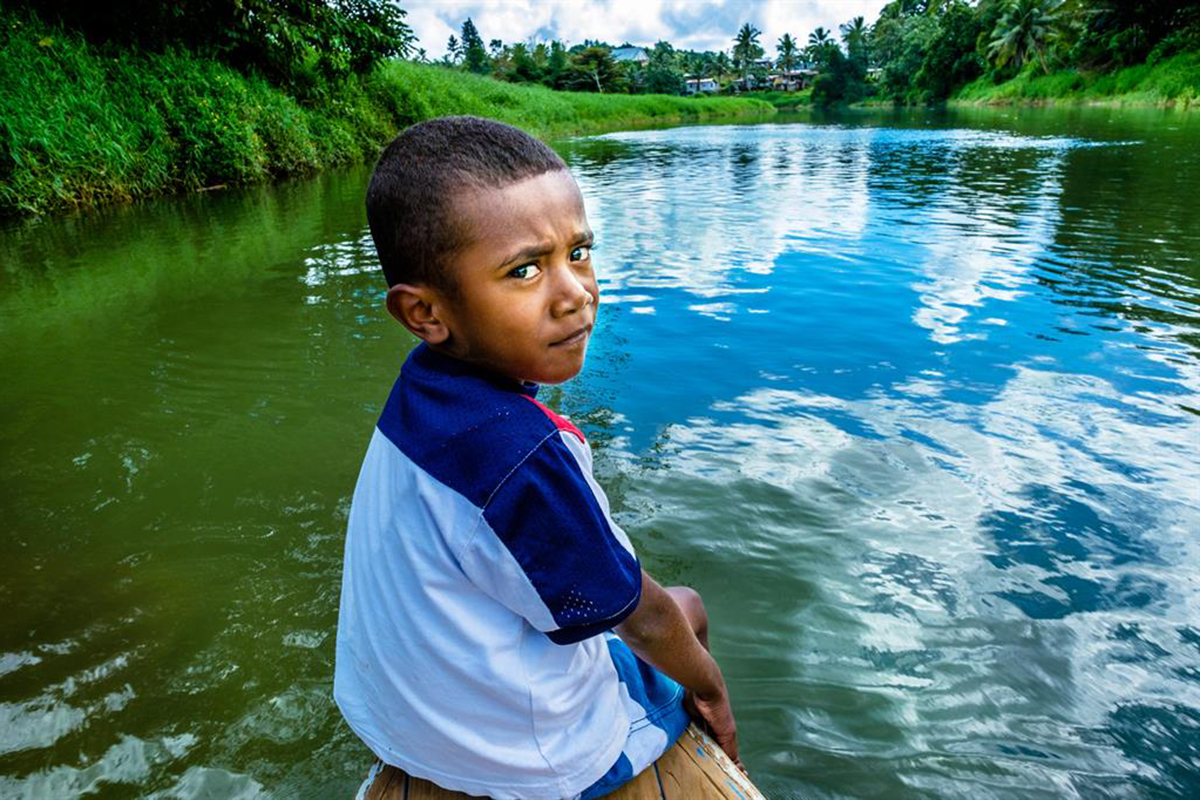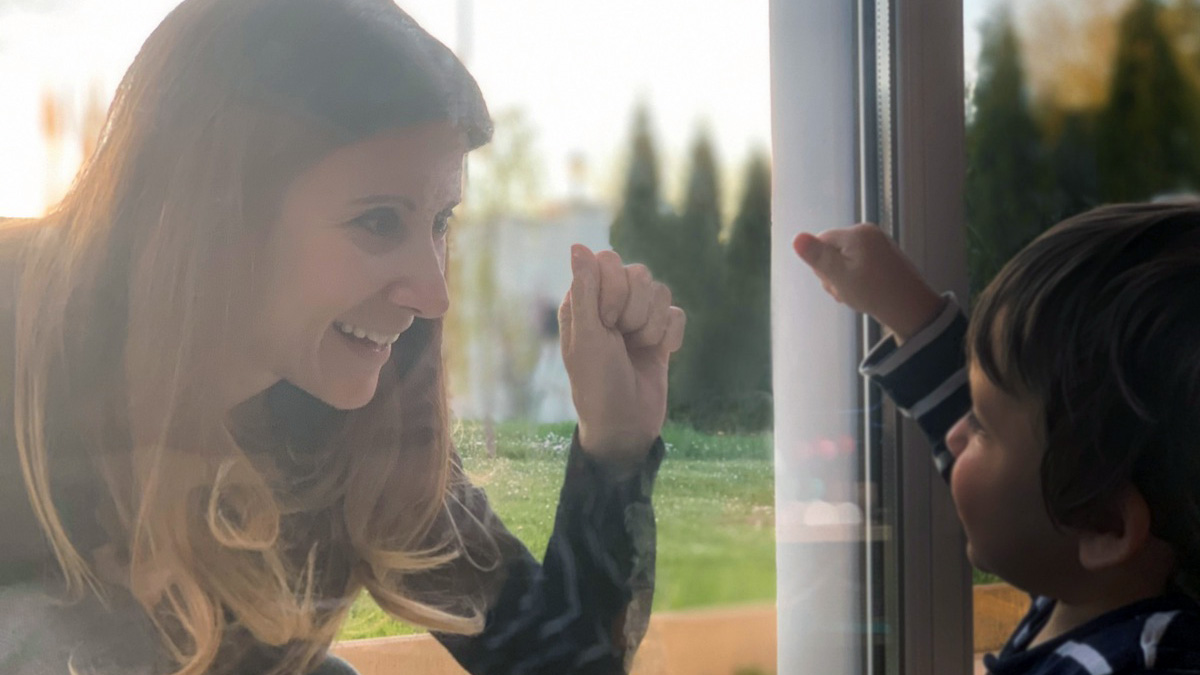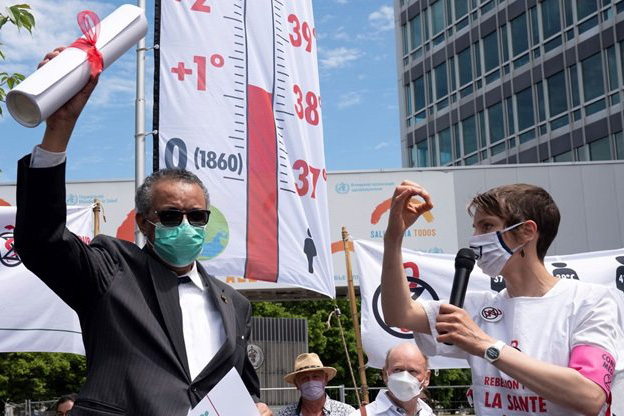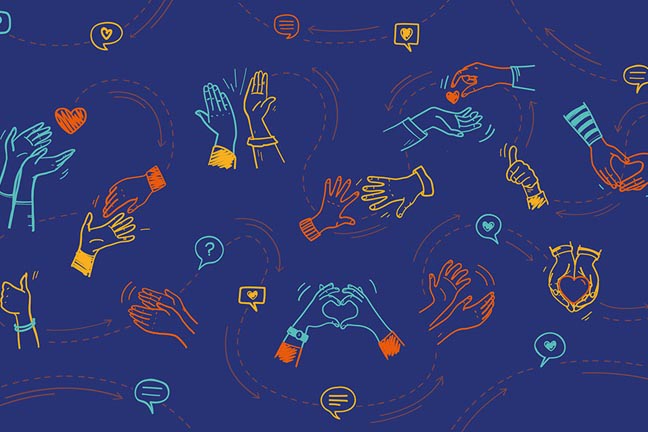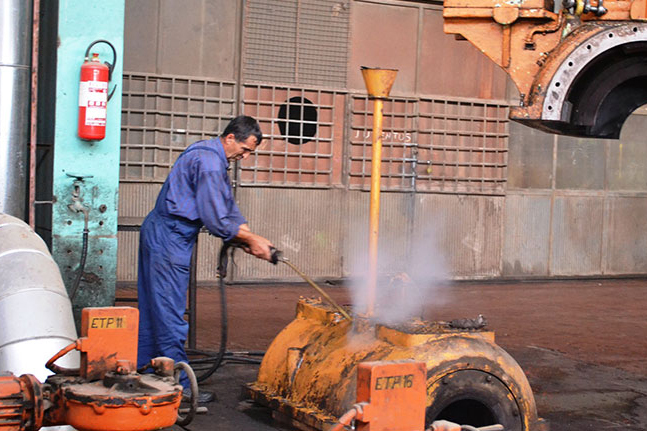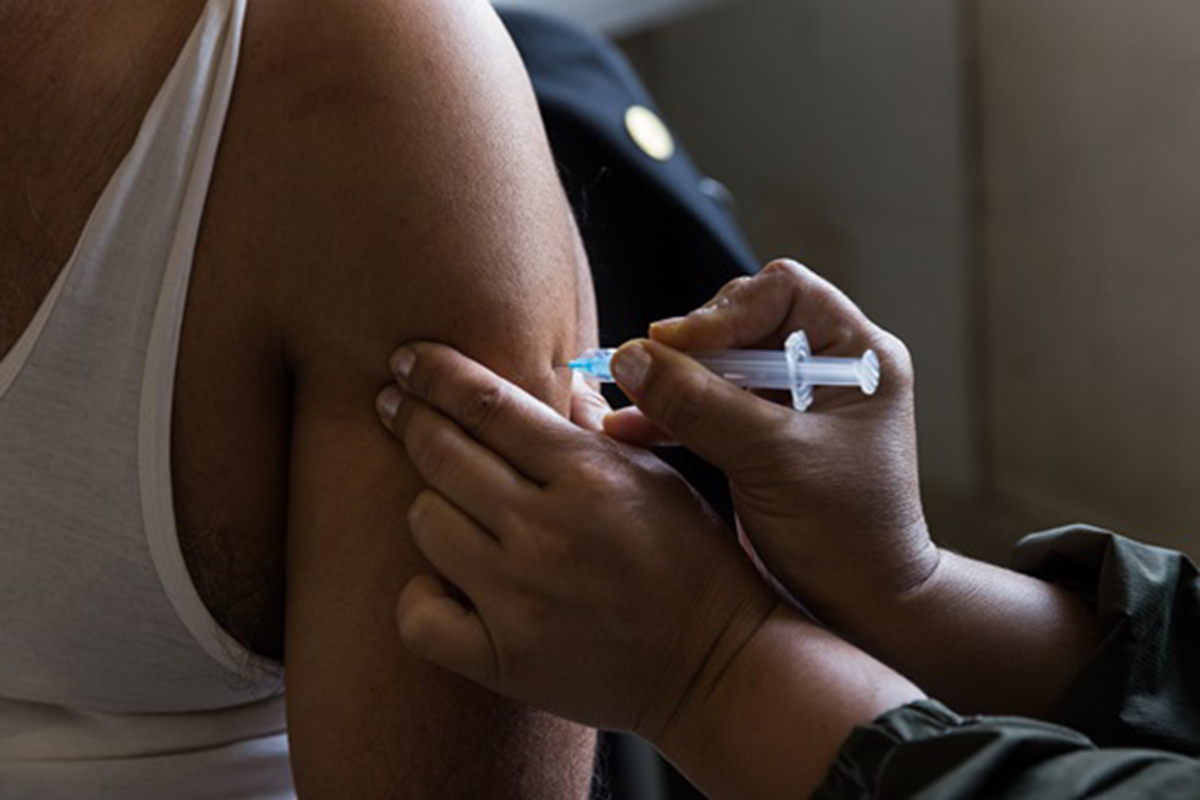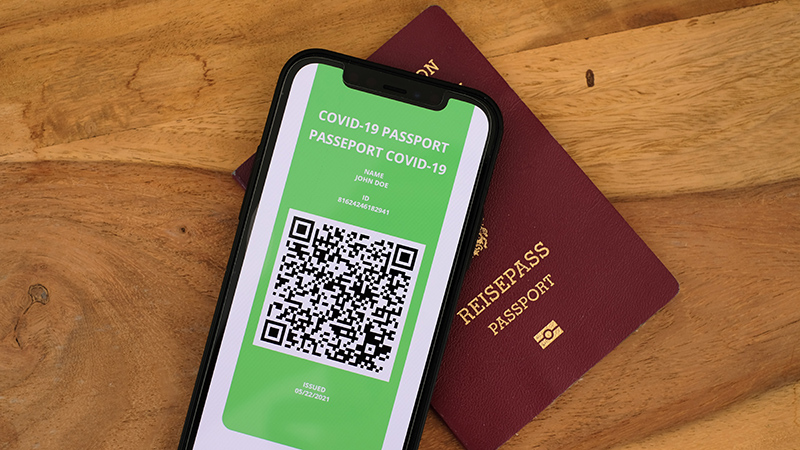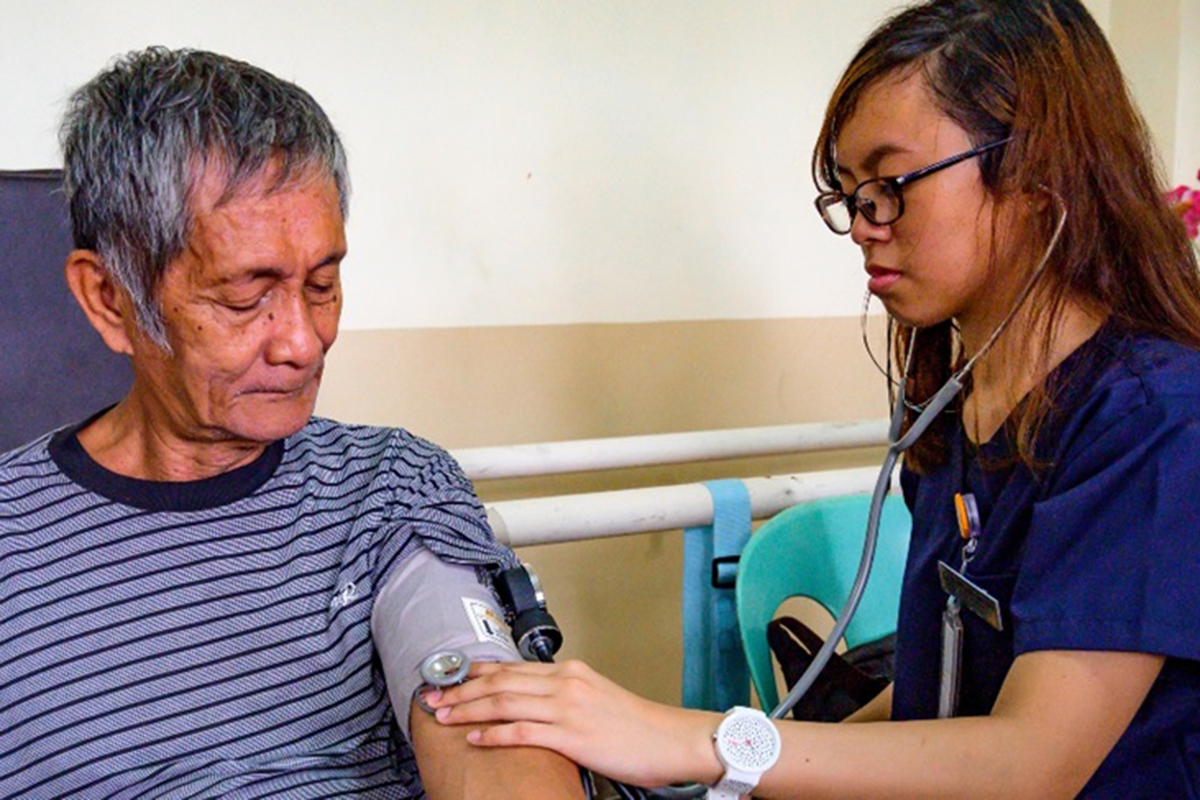This year’s World Pneumonia Day (12 November) comes during the UN Climate Change Conference (COP26). Pneumonia is the biggest infectious killer on the planet. In 2019 alone, it claimed the lives of 2.5 million, including 672,000 children. Ninety percent of air pollution-related deaths are concentrated in 40 low- and middle-income countries. In many African countries, air pollution contributes to more than 50 percent of all pneumonia deaths. This is a critical moment to support high-burden countries in reducing air pollution-related pneumonia deaths. Every breath counts.
Health
What is a day like in the life of the epidemiologist heading the global response to COVID-19? For the past 21 months, WHO COVID-19 Technical Lead Maria Van Kerkhove has been working around the clock with thousands of scientists to try to keep all of us safe. In this personal and insightful episode of the podcast Awake at Night, Maria shares her memories of the first moment she became aware of COVID-19 – before most of the world knew it existed – and then she takes us behind the scenes of WHO’s early steps to tackle the crisis.
Countries must set ambitious climate commitments if they are to sustain a healthy and green recovery from the COVID-19 pandemic. The WHO COP26 Special Report on Climate Change and Health, in the lead-up to COP26, spells out the global health community’s prescription for climate action based on research that establishes the many and inseparable links between climate and health. The report is launched at the same time as an open letter, signed by over two thirds of the global health workforce calling for countries to step up climate action.
The COVID-19 pandemic is a stark reminder that poverty isn’t just about income. Within and across countries, poor and marginalized communities are disproportionately affected by the pandemic in terms of infection rates, economic losses and access to vaccines and other health care imperatives. Understanding the multidimensional nature of poverty can help us design a more resilient recovery that leaves no one behind. And UNDP’s Multidimensional Poverty Index (MPI) gives us a critical tool to measure and monitor poverty in all its forms.
In less than a year, scientists made multiple vaccines to help combat the Covid-19 pandemic. However some countries are missing out as they do not have equitable access to the vaccines. WHO encourages we work together, to produce and deliver doses to vaccinate 70% of every country by the middle of 2022. But we are in a race against time and we all must do more, faster. No one is safe until we’re all safe. #VaccinEquity
The COVID-19 pandemic has had a major impact on people’s mental health. Some groups, including health and other frontline workers, students, people living alone, and those with pre-existing mental health conditions, have been particularly affected. And services for mental, neurological and substance use disorders have been significantly disrupted. Yet there is cause for optimism. Governments from around the world recognize the need to scale up quality mental health services at all levels. Mental health care for all: let’s make it a reality
This music video aims to raise awareness among young Mauritanians and refugees on the dangers of COVID-19 and its impact on the world of work.
You can’t put out half a fire. No one is safe until we’re all safe. Stand up for vaccine equity.
World Patient Safety Day 2021 is dedicated to safe maternal and newborn care recognizing the significant burden of avoidable harm caused by unsafe care particularly around the time of birth. Every woman has a right to a positive childbirth experience. WHO calls on stakeholders to ‘Act now for safe and respectful childbirth!’
During a pregnancy complication at 7 months, Ami Campini was transported to the Regional Hospital of Buba, Guinea-Bissau and delivered a 1.3-kilogram baby girl via emergency Caesarean section.
We all need health care at some stage in our life. Not only it is important to have access to health care we need, but also the health care we receive should be of high quality to improve our health. This video explains what is meant by quality of care.
Twelve months ago, the world came together to support COVAX, a multilateral initiative co-convened by WHO and partners, to guarantee global access to COVID-19 vaccines. With the support of the international community, COVAX began securing financing, negotiating with vaccine developers and manufacturers, and addressing the logistics associated with rolling out the largest and most complex vaccination programme in history. Yet only 20% of people in low- and lower-middle-income countries have received a first dose of vaccine compared to 80% in high- and upper-middle income countries.
WHO has published guidance for countries on the technical requirements for issuing digital certificates for vaccination against COVID-19.
Hypertension cases increased from 650 million to 1.28 billion in the last thirty years, according to the first comprehensive analysis in hypertension led by WHO and partners.

